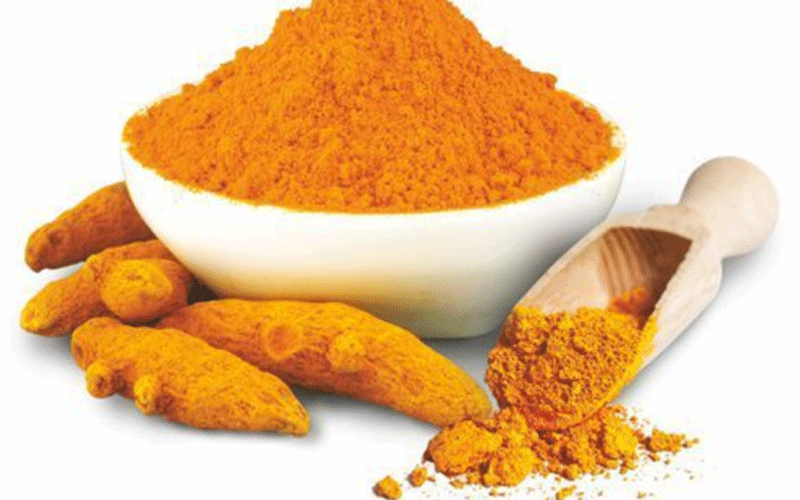Ten foods to boost your immunity

Given the current health crisis, it is normal for one to be on the hunt for an immune-booster to stop incoming attacks from viruses and bacteria and also help cells to bounce back after an illness. Here’s what to add to your plate, writes Daniel Ofisi
Tomatoes
They are a great nourishment to have when you are sick owing to their high Vitamin C concentration.
An average tomato contains more than 16 milligrammes of Vitamin C, which is proven to be good to your body’s immune system.
Tomatoes offer strength to the body’s phagocytes and T-cells, which are major components of the immune system.
Vitamin C deficiency can lead to a compromised immune system and lower resistance to certain pathogens that can result to illness.
Sweet potatoes
They are a fibre-rich food, which reinforces the immune system by way of Vitamin A and beta carotene, which are also good for your heart, teeth, skin and vision.
Sweet potatoes offer numerous antioxidants, which may help protect against certain types of cancers.
They are an important source of magnesium, which has been shown to minimise the risk of individuals developing Type II diabetes.
Sweet potatoes also contain a modest, but helpful amount of protein-around four grammes per cup when cooked.
Eggs
Adequate protein intake is significant to support immune response. Eggs contain nutrients like Vitamin D, Zinc, Selenium, and Vitamin E that the body wants for proper immune functioning.
They also help to ensure the proper function of the nervous system as well as support muscle strength.
An added brain health benefit of eating eggs is attributed to their omega-3 fatty acid content.
Eating eggs leads to raised levels of high density lipoprotein (HDL), also known as the “good” cholesterol.
People who have higher HDL levels have a lower risk of heart disease, stroke and other health issues.
Turmeric
Turmeric is a yellow spice that many people use in cooking. It is also present in some alternative medicines. Consuming turmeric may improve a person’s immune response. 
This is due to the qualities of curcumin, a compound in turmeric. According to a 2017 review, curcumin has antioxidant and anti-inflammatory effects.
Ginger
It has an ability to boost your immune system. Due to its warming effects, ginger is believed to break down the accumulation of toxins in our organs.
It’s also known to cleanse the lymphatic system, our network of tissues and organs that help the body get rid of toxins, waste, and other unwanted materials.
Ginger is also an antiviral and has been shown in a study to stimulate the immune system to kill viruses, including respiratory viruses.
Oysters
They are rich in zinc, which helps to create and activate white blood cells involved in the immune response.
They are also rich in proteins, which assists your immune system in healing of wounds.
Oysters do contain dopamine, a neurotransmitter that helps to govern brain activity and influence sexual desire in men and women.
They also contain a good amount of B12 vitamins, which boost energy and turn the food we eat into energy.
Garlic
Research shows that garlic has immune-supporting capabilities. Eating garlic can boost the number of virus fighting T-cells in your bloodstream- which is important because colds and flu are caused by viruses.
Garlics antioxidants and antibacterial properties can clear up your skin by killing acne-causing bacteria.
Garlic has also been shown to reduce homocysteine levels in the blood. High levels of homocysteine are directly linked to high cholesterol levels and cardiovascular disease.
Watermelon
It is an immune boosting fruit. Watermelon provides vitamin B6 and glutathione, which is needed for proper immune function.
As its name states, 92 per cent of watermelon consists of water making it perfect for staying refreshed and hydrated on a hot day.
Dietary antioxidants in watermelon, such as vitamin C, may help prevent cancer by fighting free radicals.
Watermelon’s high levels of lycopene are effective at protecting cells from damage and may help lower the risk of heart disease.
Citrus fruits
Almost all citrus fruits are high in vitamin C. Popular citrus fruits include: oranges, limes, grapefruit and lemons.
Citrus fruits can raise the levels of citrate in your urine, lowering the risk of kidney stones.
Citrus can also help your body absorb iron, a mineral that’s important for the immune system and helps your body produce red blood cells.
Antioxidant-rich flavonoids in citrus fruits may help improve brain health and reduce the risk of neurodegenerative disease such as Parkinson’s disease and Alzheimer’s.
Yoghurt
It contains probiotics, which improve your body’s overall function. Yoghurt is known for containing a lot of calcium, a mineral necessary for healthy teeth and bones. 
Researchers have found that consuming yoghurt may help protect against type 2 diabetes. Probiotics in yoghurt also inhibit a range of pathogenic bacteria and yeasts in the gut.
Yoghurt is also important for women’s health. The lactobacillus in yoghurt prevents production of candida (a type of fungus) and vaginitis in the vagina.
Studies reveal that women who regularly consume yoghurt have better vaginal health.



